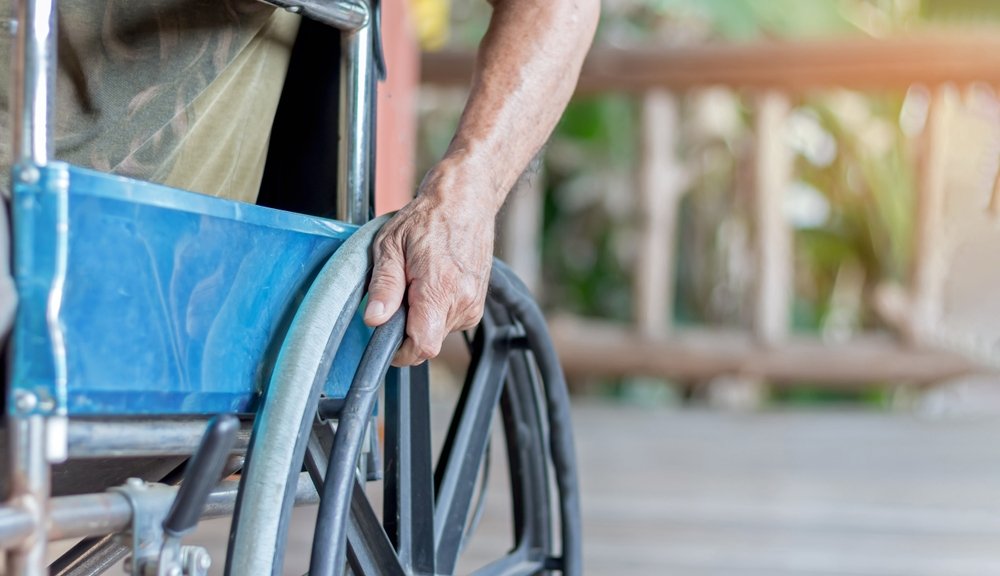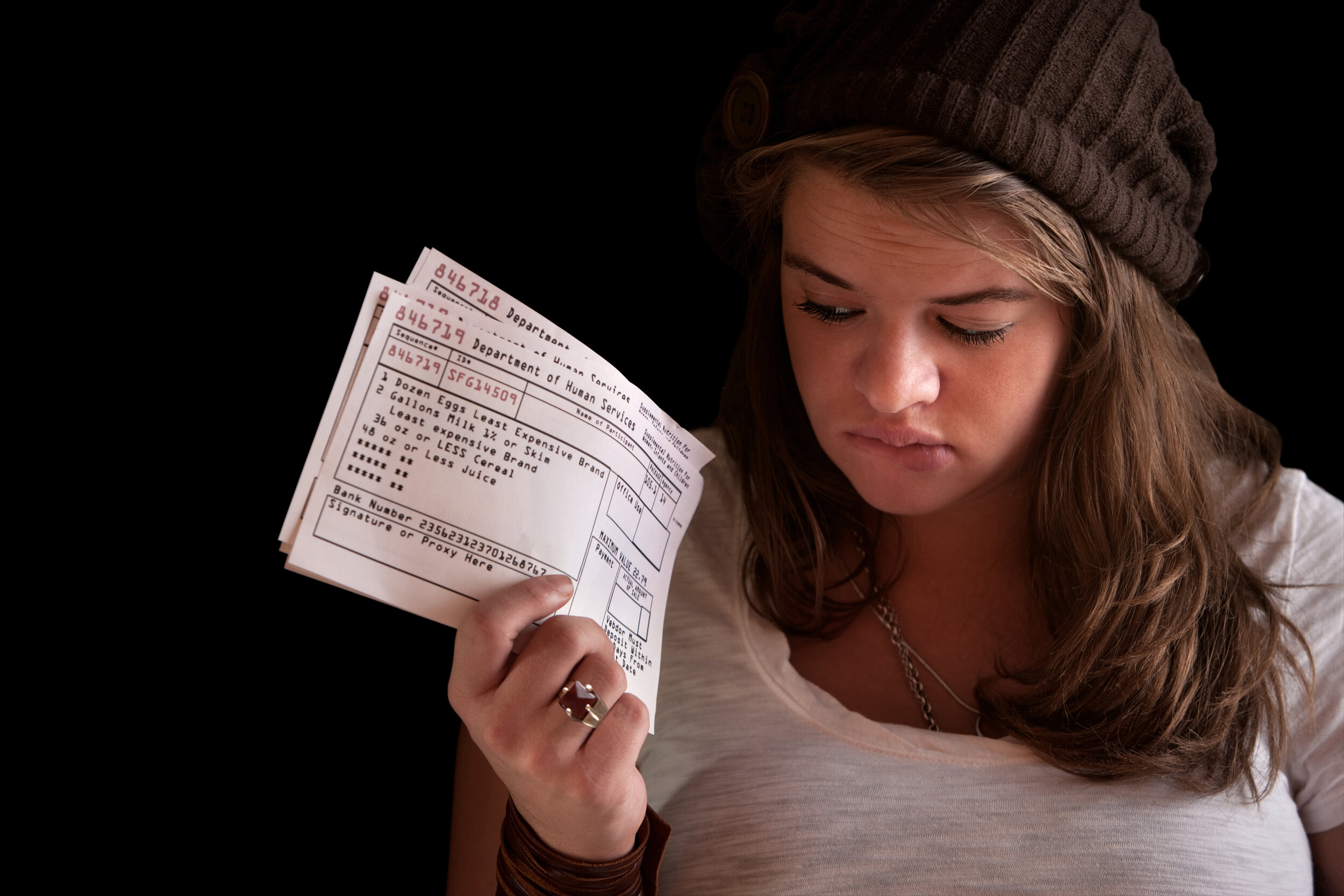Speaking Out Against Unlawful Sex Stereotyping of Transgender People in North Carolina’s H.B. 2
Impact Fund and Bay Area Lawyers for Individual Freedom (BALIF) Submit Amicus Brief to Fourth Circuit in Carcaño v. McCrory, Case No. 16-1989
Lynnette Miner, Litigation Fellow, The Impact Fund
Earlier this year, the North Carolina legislature passed a sweeping anti-LGBT bill, H.B. 2, which requires public schools and agencies to discriminate against transgender people by prohibiting them from using sex-segregated restrooms according to their gender identity. Plaintiffs Joaquín Carcaño, the ACLU of North Carolina, and others filed a lawsuit challenging H.B. 2 as unlawful discrimination against transgender individuals under the Equal Protection and Due Process Clauses and Title IX of the Education Amendments of 1972.
The district court granted a limited preliminary injunction prohibiting the University of North Carolina from enforcing H.B. 2 against three transgender Plaintiffs, but denied a broader preliminary injunction that would have prohibited enforcement in public spaces beyond the University. Plaintiffs appealed to the U.S. Court of Appeals for the Fourth Circuit. This week, Impact Fund and BALIF proudly joined with a coalition of 35 other legal non-profits and bar associations from across the country to submit an amicus brief in support of the Plaintiffs demonstrating that H.B. 2 is a classic example of unlawful sex stereotyping.
H.B. 2 mandates North Carolina’s public entities to require multiple-occupancy restrooms, changing rooms, locker rooms, and similar facilities be used according to “biological sex,” defined as the sex listed on one’s birth certificate. We argued that these requirements harm transgender individuals who deviate from sex stereotypes based on the sex they were assigned at birth. Many transgender people do not conform to these sex stereotypes because their gender identity and presentation -- and thus which sex-segregated facilities they use -- do not match the sex listed on their birth certificates. The exclusion of transgender individuals from restrooms consistent with their gender identity exposes them to the risk of physical and psychological harm, including harassment.
Our brief describes the significant body of law that has evolved to prohibit sex stereotyping of transgender individuals as unlawful sex discrimination. Following the watershed case Price Waterhouse v. Hopkins, 490 U.S. 228 (1989), where the Supreme Court declared that punishing people for their failure to fit sex stereotypes is unlawful discrimination, nearly every court to consider the issue has held that sex stereotyping of transgender individuals is a form of unlawful sex discrimination. In light of this well-established law, we urged the Fourth Circuit to grant a broader preliminary injunction in Carcaño so that transgender individuals who live in or visit North Carolina can be safe from the physical and psychological harms imposed by H.B. 2.
“In a variety of contexts and for many years, the federal courts have recognized that sex stereotyping of transgender people is a form of unlawful sex discrimination,” said Julie Wilensky, chair of BALIF’s Amicus Committee. “H.B. 2 is no different.”
Impact Fund and BALIF were joined by 35 other bar associations and legal non-profit organizations to support the Plaintiffs in fighting against H.B. 2: AIDS Legal Referral Panel; Alameda Contra Costa Trial Lawyers Association; Asian American Bar Association of the Greater Bay Area; Asian Americans Advancing Justice - Los Angeles; Asian Pacific Islander Legal Outreach; Atlanta Women for Equality; Bar Association of San Francisco; Bet Tzedek Legal Services; BiLaw; California Rural Legal Assistance, Inc.; Centro Legal de la Raza; Civil Rights Education and Enforcement Center; Dallas LGBT Bar Association; East Bay La Raza Lawyers Association; Georgia Association for Women Lawyers; Hawai‘i LGBT Legal Association; Kansas City Lesbian, Gay, and Allied Lawyers; LatinoJustice PRLDEF; Legal Aid Society - Employment Law Center; LGBT Bar Association of Greater New York; LGBT Bar Association of Wisconsin; Massachusetts LGBTQ Bar Association; National Employment Law Project; National Employment Lawyers Association; National Queer Asian Pacific Islander Alliance; New Mexico Lesbian and Gay Lawyers Association; North Carolina Advocates for Justice; Queen’s Bench Bar Association; SacLEGAL; Santa Clara County Bar Association; Stonewall Law Association of Greater Houston; Tom Homann LGBT Law Association; Transgender Legal Defense and Education Fund, Inc.; Vietnamese American Bar Association of Northern California; and Virginia Equality Bar Association.
Plaintiffs are represented by Lambda Legal Defense and Education Fund, Inc.; ACLU Foundation; ACLU of North Carolina Legal Foundation; and Jenner & Block LLP.
BREAKING NEWS: Just today, the Supreme Court granted review in G.G. v. Gloucester County School Board, a related case in which the Fourth Circuit ruled in favor of a transgender student who sought to use school restrooms consistent with his gender identity. We will eagerly wait to hear what the Supreme Court has to say on this issue.











